What Your Doctor Won’t Tell you but you Need to Know About Fatigue, Weight Gain, and Digestive Symptoms
You go to your doctor for a combination of the following symptoms and what do they tell you?
Your symptoms:
PMS symptoms
Hypothyroid
PCOS
Menopause
Memory
Brain fog
Fatigue
Mood imbalances, irritability, depression, anxiety
Acne or eczema or psoriasis
Weight gain or loss
IBS
Constipation, diarrhea, cramping
Gas, bloating
Your doctor says, “here is a medication.” Most likely an antidepressant or birth control to help manage your mood and hormonal imbalances. Or, they might recommend more fiber for your IBS or constipation.
What your doctor won't tell you is there is a connection between your fatigue, weight gain, and digestive symptoms. He can’t tell you that your symptoms will be fixed with these medications but they will say “we can manage your symptoms.” But you came to the doctor to get help in getting rid of the symptoms, not manage them! This is because MDs are trained in symptom treatment with medications, and although they are excellent with acute care your chronic symptoms will continue to persist unless nutrition and lifestyle are addressed.
In my practice as a functional medicine nutritionist, I like to start with helping my clients understand what is going on in their bodies so they feel empowered to know how to mitigate symptoms and get rid of them by resolving nutrient deficiencies. This is what you’ve been missing, so listen closely!
Stress Hormones
Your stress response system is known as the H-P-A axis which refers to the main organs that produce hormones when signaled in a stressful encounter. You might be familiar with this response, frequently termed the fight-or-flight response. Historically, this stress reaction would be signaled by life-threatening instances, few and far between. For example, if you were to stumble upon a bear while foraging for honey, your H-P-A axis would certainly engage. However, in our modern life, we are bombarded with stressful interactions with our boss, driving on the road, with our families, or struggling emotionally every day that trigger this H-P-A axis response
What your doctor won’t tell you is when these stress hormones drip constantly like a broken faucet, these specific stress hormones can cause damage to your organs, tissues, and your brain. Research shows that it even has a bi-directional impact on the gut-bacterial diversity in your intestines as well as contributing to high blood pressure, obesity, anxiety, depression, addiction, and heart disease. Chronic stress also remodels the brain to be more primed for a stress reaction, leading to an even shorter fuse and inflammation.
KEY TAKE-AWAYS:
1. Chronic stress can damage your organs, tissues, and your brain
2. Stress impacts the brain to affect intestinal activities, while the gut microbiota can also influence mood, cognition, and mental health
3. Stress induces more stress
Hormones and Weight
One hormone activated by the H-P-A axis is cortisol and chronic stress induces hyper-cortisol. Cortisol’s main action in the body is to increase blood sugar. Unfortunately, when stress levels elevate this leads to an increase in insulin in the blood and body.
The main job of the hormone insulin is to take blood sugar out of the blood when it gets too high. Insulin also has other influences on organs and tissues in the body. For example, insulin affects your ovaries, it increases adipose (fat) tissues, and it lowers another important hormone called Sex Hormone Binding Globulin (SHBG) which can create imbalances in estrogen and testosterone hormones in your body.
When we get too much insulin all of the time, we call this hyperinsulinemia, also known in functional medicine as insulin resistance. These are fancy terms that mean that your body has too much insulin in the blood and it’s gumming up the communication between your brain and your organs.
Symptoms of insulin resistance are:
Weight loss or weight gain
hypo/hyperglycemia
Increased hunger/lack of satiety
Sugar cravings
Interrupted sleep
Tingling/numbness in hands and feet
Brain fog
Fatigue
Mitochondrial dysfunction
Memory issues
Heart disease
Infections
KEY TAKE-AWAYS:
1. Chronic stress hormones lead to chronically high insulin levels
2. High levels of insulin in the body influence your sex hormones, weight, brain health, and energy levels
The Gut, Stress, and Hormones Connection
Chronic stress can come from many different areas of our lives. One frequently overlooked location is the gastrointestinal tract. Hippocrates, the father of medicine, is known for saying, “All disease begins in the gut.”
We can get an imbalance in the microflora of your intestines, called dysbiosis when digestion is impaired. The act of digestion is a very complicated process and it requires essential nutrients and being relaxed in order to work properly.
Here are 3 stressful reasons why you might have dysbiosis from poor digestion:
You are not in a relaxed state while eating or not chewing your food mindfully
You are not eating nutrient-dense food
You have toxin exposure in your environment the is interrupting the digestive process
Dysbiosis can be a combination of the following imbalances.
Loss of beneficial bacteria
Overgrowth of potentially pathogenic bacteria
Loss of overall bacterial diversity
What happens when these imbalances occur in the gut? TOXINS.
Microscopic endotoxins (produced from an overgrowth of bacteria) permeate the intestinal walls and enter the bloodstream and the brain. These toxins, stemming from poor nutrition, are stressful on the body which makes this chronic inflammation and stress on the gut/brain much more like a runaway train!
KEY TAKE-AWAYS:
1. Stress can come from the food we eat
2. Stress can also come from an infection in the gut microbiome
3. Gut dysfunction can lead to chronic stress and chronic inflammation leading to fatigue, weight issues, and digestive upset
Tips to Reduce Stress and Reverse Fatigue, Weight, & Digestive Issues
Gut Healing: An elimination diet like this gut healing protocol is essential to supply the nutrients necessary to reverse leaky-gut and dysbiosis. Stool testing or another assessment might be necessary to establish a more individualized plan from your functional nutrition medicine practitioner.
Adequate Sleep: Lack of sleep has shown to also increase insulin levels and reduce melatonin, your body’s natural antioxidant, and stress processor. Sleep is where the body repairs and detoxifies. Interruption of these processes can interfere with the communication systems of the body while also contributing to chronic inflammation.
Social Support: Connection to others can symbolize the connection among our internal organs and cells. It is well known in the literature that community and a deep social connection with others help improve the longevity of one’s life.
Body Movement: Exercise helps to biologically reduce insulin and metabolize cortisol faster so that you don’t end up with excess.
Relaxation Practices: Include these relaxation practices to not only reduce stress but improve your body’s resiliency to the stress. Practices such as deep abdominal breathing, focus on a soothing word (such as peace or calm), visualization of tranquil scenes, repetitive prayer, yoga, and tai chi have been shown in research to lower blood pressure and counter the stress response.
Anti-inflammatory Herbs: It is not enough to just reduce stress when the body is stuck in chronic stress mode. There is a real need to mitigate the inflammatory response that is caused by the H-P-A axis. Herbs and polyphenols (plant nutrients) are necessary in these cases. Some nutrients are well researched to improve inflammation such as:
NAC
B12
Taurine
L-Theanine
Kava
Passionflower
Grapeseed extract
Green Tea Extract
Lipoic acid
Sulforaphane
Curcumin
Phosphatidylcholine
Don’t Stress Alone!
You don’t have to wonder what steps to do next.
Schedule a free 20-minute discovery call with a qualified functional nutrition practitioner.



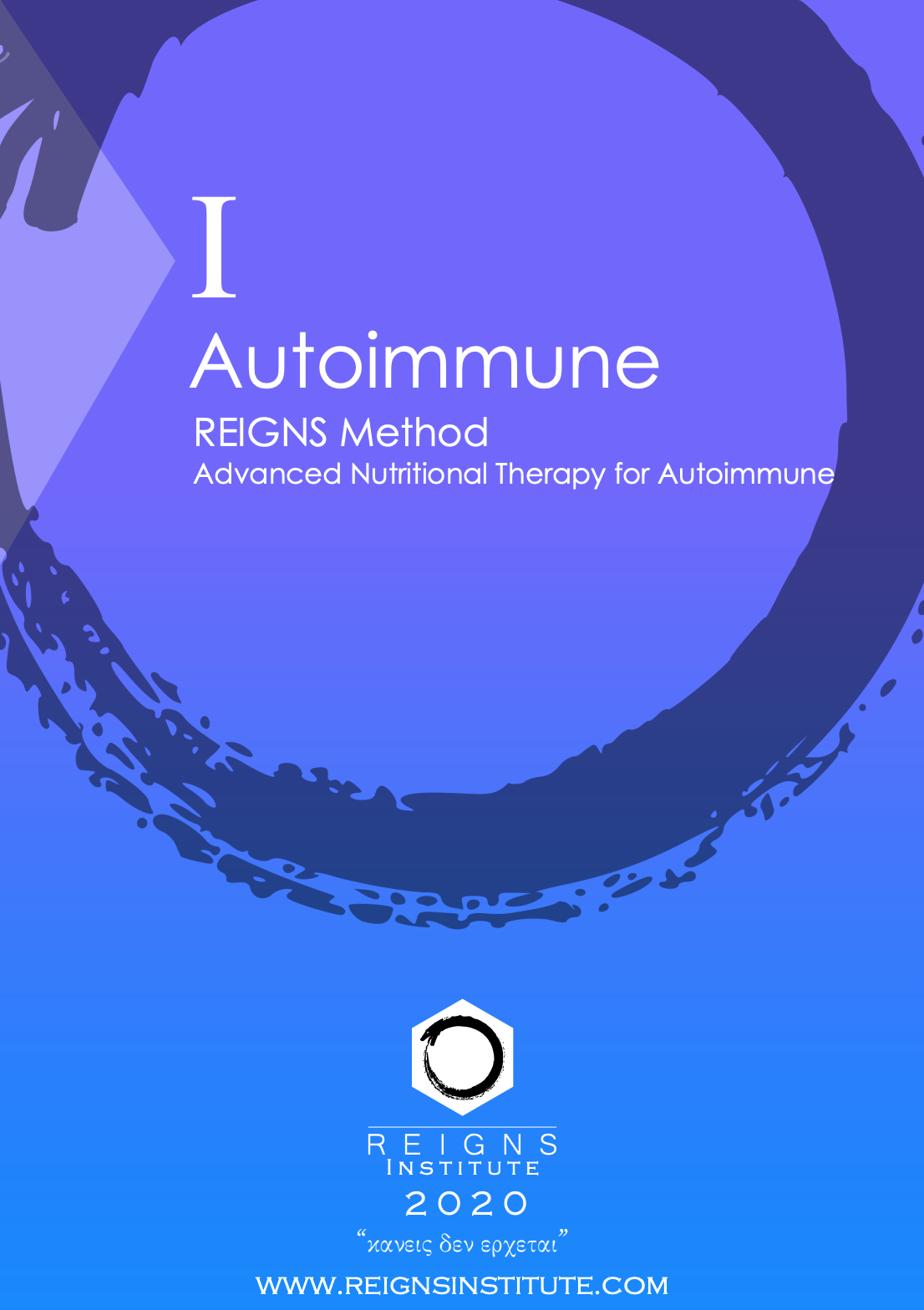
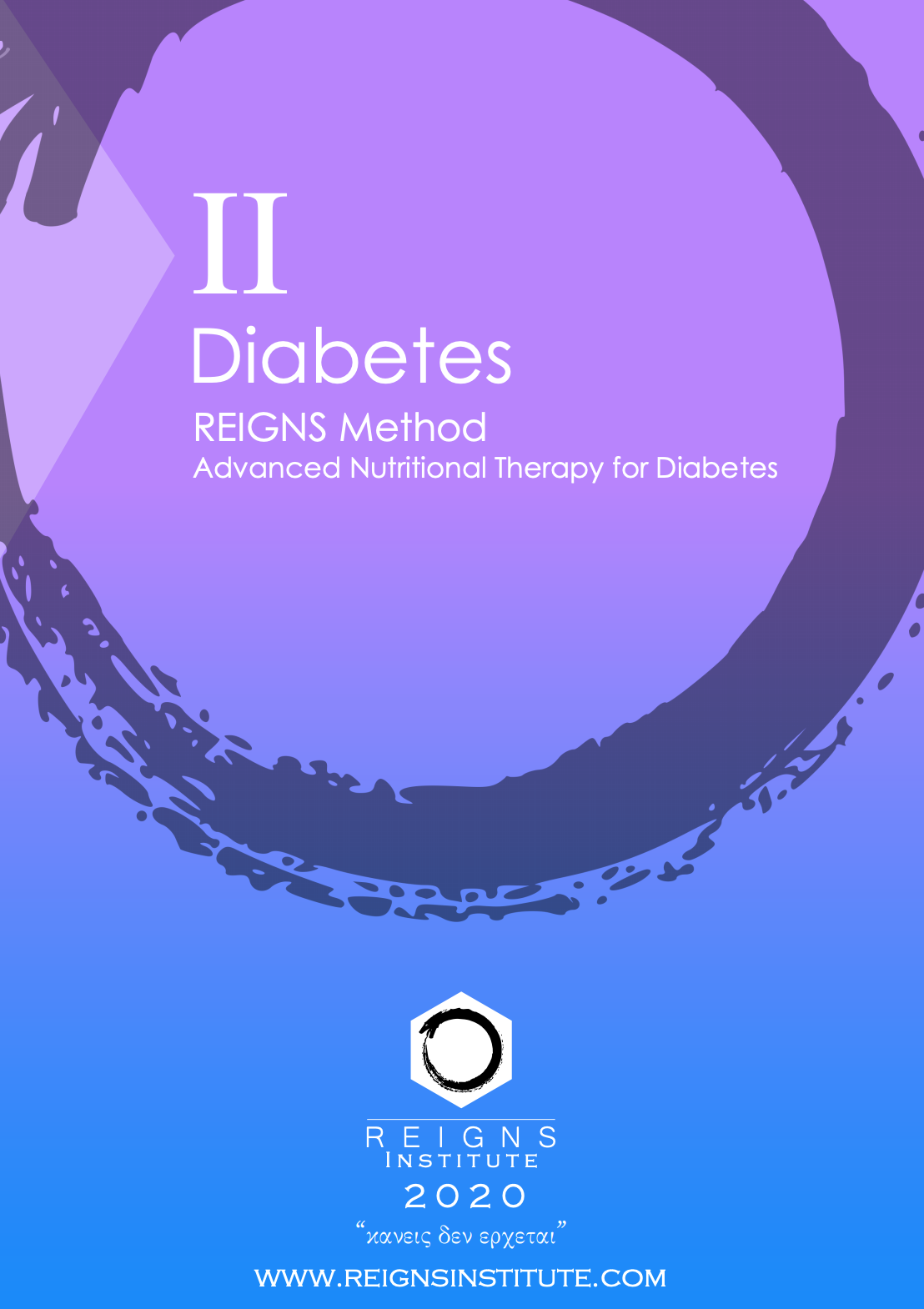
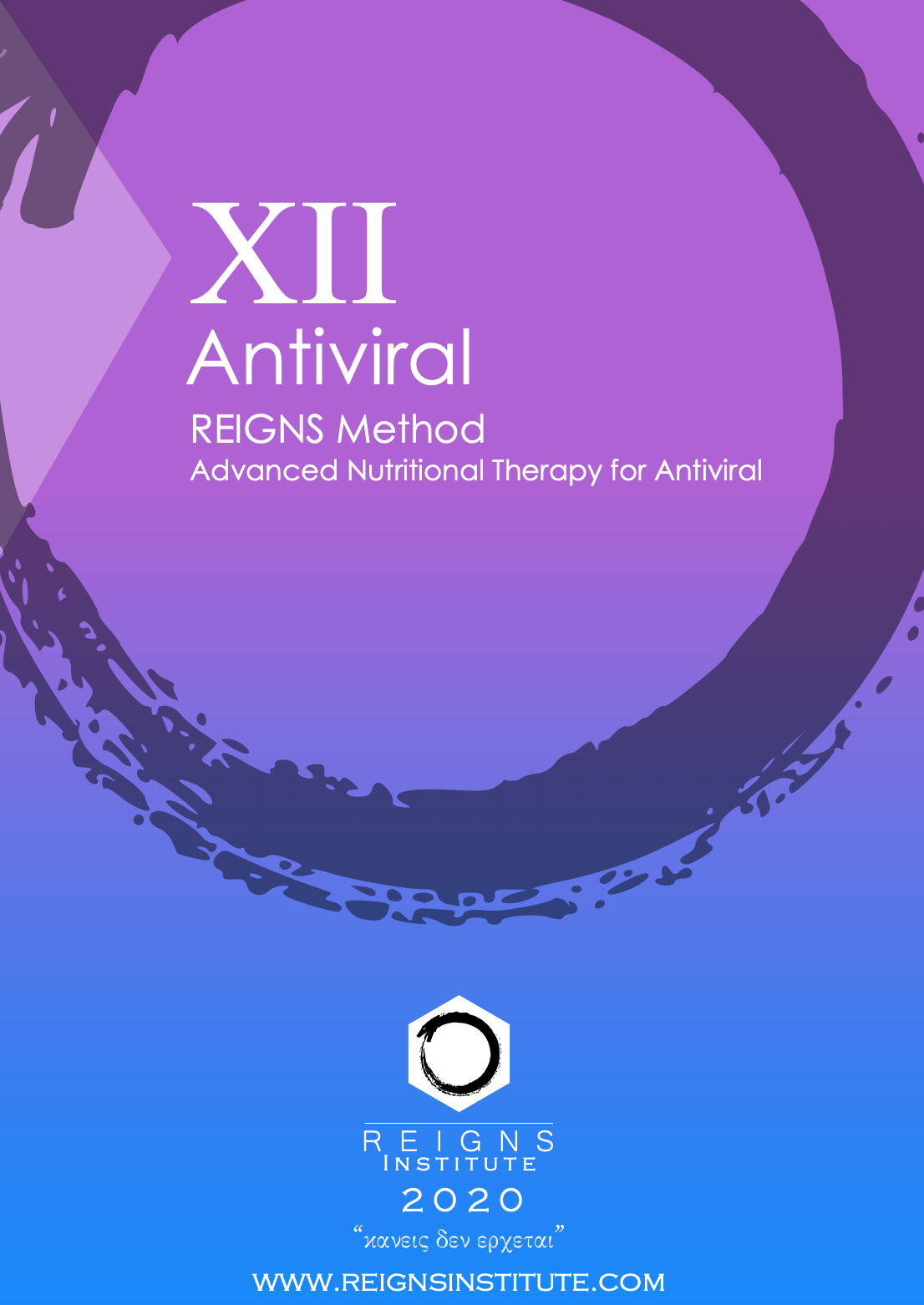
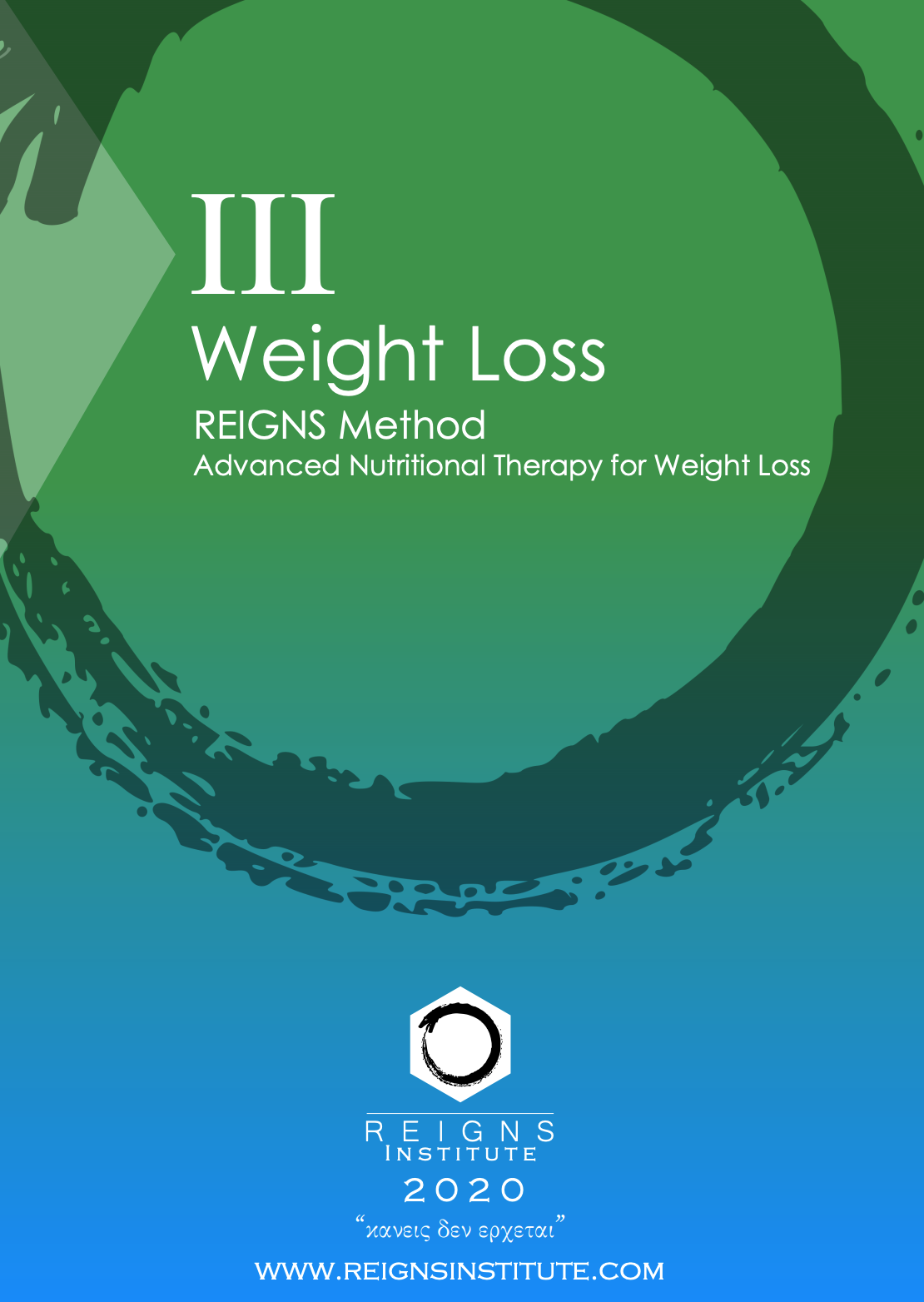
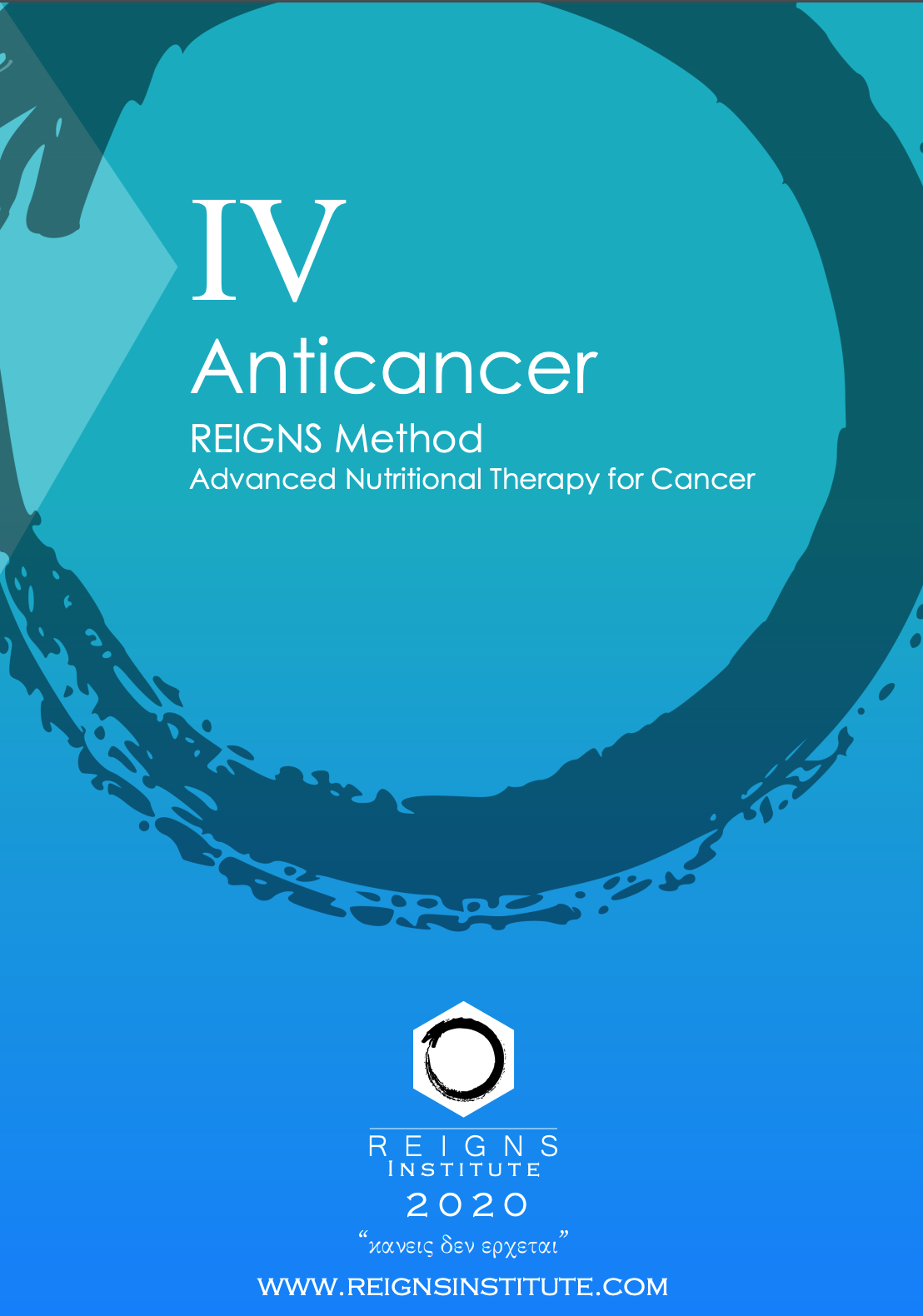

Captain Soup provides gut-healing, nutrient-dense ancestral soups to help you reverse chronic disease.
Find soups that fit your diet:
Lectin-Free, AIP, Paleo, Keto, Wahls, GAPS intro, Full GAPS, Low FODMAP, Low Histamine, Low Oxalate